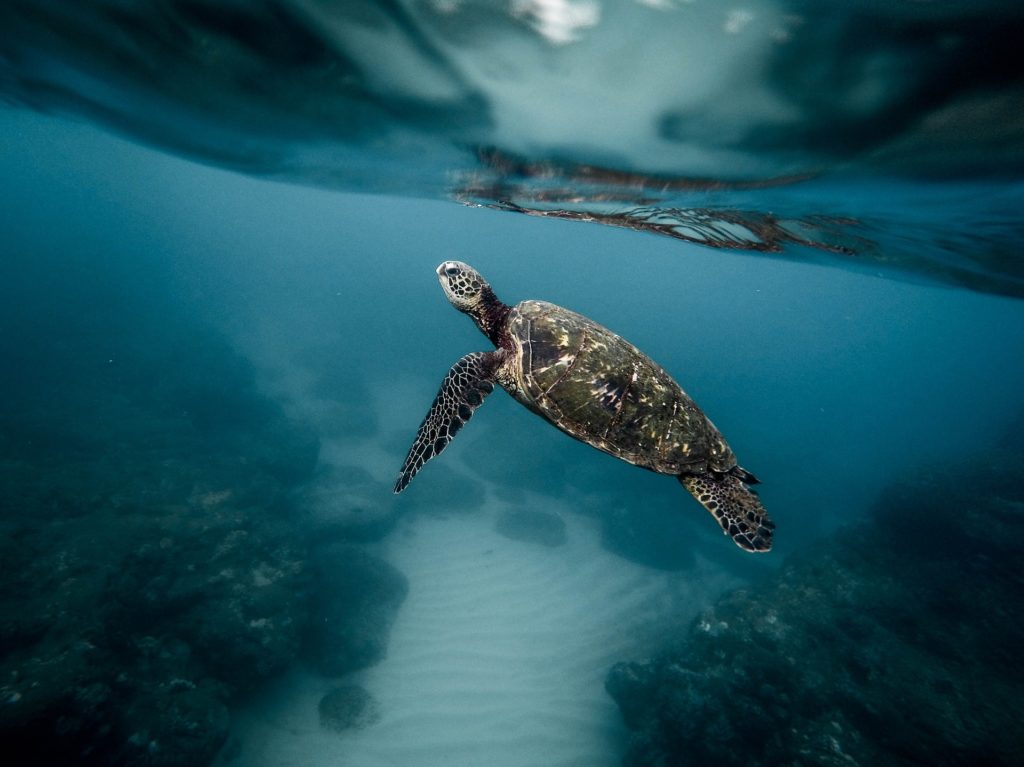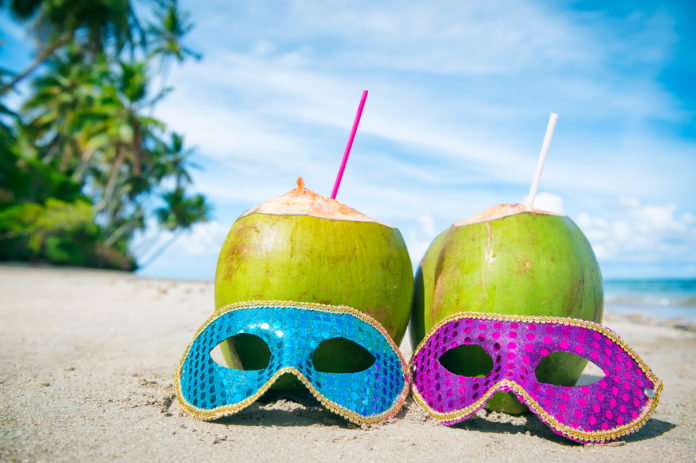What is Festival Tourism?
“Festival tourism extends the season beyond the ubiquitous annual carnival celebrations and grants each territory a chance at drawing on their interwoven but distinctively unique histories.”
In the highly competitive tourism industry, it becomes imperative to create a distinctive and captivating brand that not only draws the attention of customers but also engrosses them in the experience so that they seek to return in the future. In the Caribbean, the sun-sea-and-sand brand of tourism has become part of our standard marketing image with more recent forays into eco-tourism such as Guyana’s taking root as described in depth by BBC Travel.
According to a presentation on developing responsible tourism products, there are unique factors one must grasp regarding a tourism product before forging ahead.
A tourism product is:
- intangible;
- is largely psychological, being based on experiences;
- is perishable in that it only exists when customers are present;
- carries fluctuating demands;
- cannot be undertaken by a single enterprise;
- is of fixed supply as the customers must be brought to you;
- is heterogeneous in that the quality and standard of the experience can vary with time;
- is extremely risky;
- and carries an absence of ownership—meaning that whatever ownership exists comes from the provider.
The way forward
With this in mind, how does one become a magnet for prospective tourists?
While retaining the sun-sea-and-sand theme, many of the region’s tourist spots have taken to developing a more cultural approach to the business via festival tourism, with St Lucia being one of the first concerted players in this arena. Not only does this extend the season beyond the ubiquitous annual carnival celebrations but it also grants each territory a chance at drawing on their interwoven but distinctively unique histories.

In a Barbados Today piece titled “Soleil St Lucia Jazz Sizzles”, we see just that coming into play with the island’s Soleil Festival serenading locals, regional neighbours and foreigners alike to the tunes of the island’s best artistes, many drawing inspiration from a multicultural pool of ethnic influences spanning Africa, Asia and Europe. Other islands have invested in their own festivals and celebrations—including Calabash Literary Festival and Reggae Sumfest in Jamaica, the NGC Bocas Lit Fest in Trinidad, Crop Over in Barbados, Sailing Week in Grenada and the Mustique Blues Festival.
The 8 P’s of Tourism
According to a piece by Bert Markgraf on Chron.com, there are eight Ps of any tourism product: Product, Price, Promotion, Place, People, Planning, Programming and Physical Evidence. Tying in culture with the eight Ps of tourism, a couple of questions need to be asked regarding matters such as sustainability, economic development and feasibility. There is no doubt that cultural tourism is a market with untapped potential in the Caribbean, with its varied and complex history as proof enough. However, in order to ensure a refined experience, a cohesive effort is required—and this brings us to another point.
Examples to follow
Such an endeavour should not be shouldered solely by the state; however, nor should it be carried by the private sector. Both should rather work together. Indeed the most successful tourist industries operate in tandem wherein the state regulates, creates a business-friendly environment and ensure a climate ripe for development whilst the private sector invests, expands and innovates. Such a model is stressed by bodies such as the World Tourism Organisation (UNWTO). For example, South East Asia maintains a unique brand of tropical tourism rooted in the classic sun-sea-and-sand model but also take advantage of their history, cuisine and culture as well as natural and manmade wonders. Additionally, they’re not afraid to make tough decisions when necessary. Thailand, despite boasting a large number of private resorts and tourist experience providers, has its government take leadership in actively ensuring sustainability of the industry. They recently closed off areas from tourists after constant activity threatened to degrade the environment to an irreparable extent, according to a piece by the Guardian UK.
Being comprised of small nations with preciously fragile attractions such as leatherback turtles and coral reefs, the Caribbean, no matter how much it immediately needs the money, should also prioritise maintaining long-term stability of the industry. The Institute Of Marine Affairs in Trinidad and Tobago recently released a report citing the disturbing increase in waste and faecal matter discovered in the waters of Trinidad’s most popular beaches, a factor that has an impact on the environment as well as the tourism industry. Some likely causes—including reckless disposal of sewage from cruise ships and pleasure boats, and shoreline recreational activities—also bring in tourism dollars, causing a possible dilemma for those policing the environment.

Towards a diversified Tourism
The entirety of the burden for developing tourism should not be placed on the state. Ideally, the state should serve the purpose as a guide and planner. A study from the University of Beira Interior, Portugal by Dr Mario Franco and Dr Cristina Estevao stresses this reality. This would allow private providers to fall into sync wherein a profitable large-scale industry can emerge and the cost of one effort pays off for everyone. With the examples of the above-mentioned festivals in mind, a well-marketed event would benefit airlines and bring revenue for traditional sun-sea-and-sand service providers while also paying off for the event organisers themselves. From an economic standpoint, supporting festival or cultural tourism for long-term job creation and wealth generation should serve as a motivational priority.


















